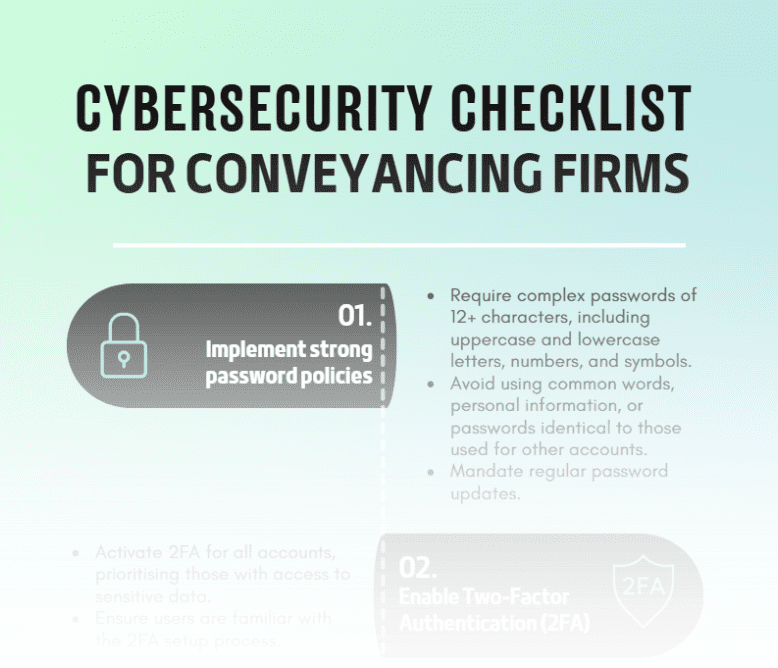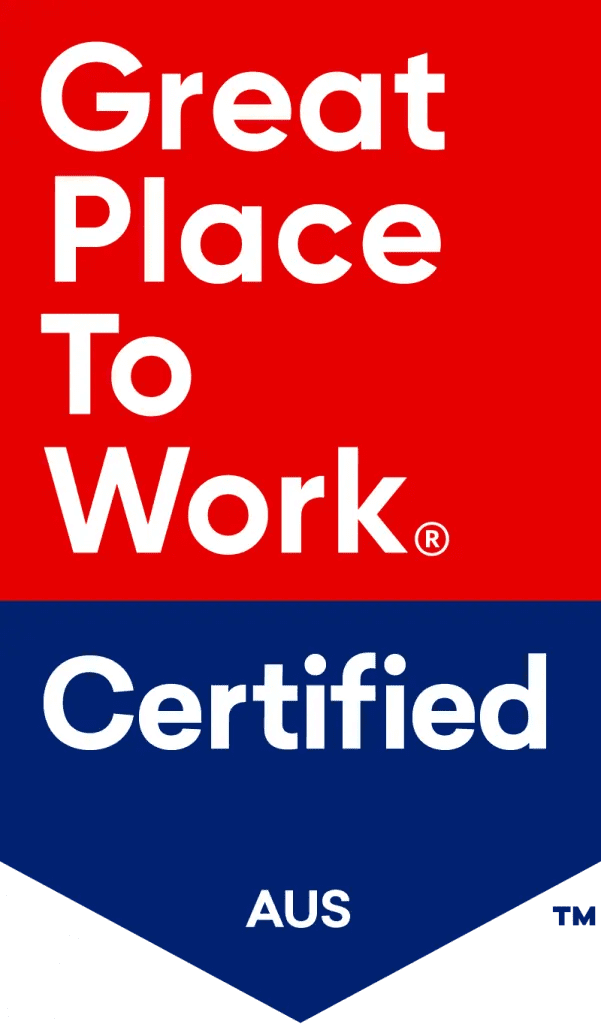Property industry leaders have given a mixed – mainly underwhelming – response to the Queensland budget.
Raising the stamp duty threshold for first time buyers from $500,000 to $700,000 has been welcomed, but should have gone further, according to property sector analysts.
Increased taxes for international investors will be the final nail in the coffin for apartment stocks and a big blow to renters, according to Property Council of Australia Queensland Executive Director Jess Caire.
“The state government’s decision to hit the companies we need to build those homes is beyond comprehension,” Ms Caire said.
“We recently released research showing there are no apartments planned for Brisbane beyond next year. Today’s Budget will see that gulf in stock extend indefinitely.
“These companies are the cure to our sick housing system, but this new tax will make the illness terminal.
“The people who will feel it the most are the Queensland families looking to rent, with these investors critical to building the large-scale apartment blocks needed to house renters.
“Taxing these companies more will simply result in them investing elsewhere, taking their money and housing stock with them.
“If you think it is hard to find a home in Queensland, this decision just made it a whole lot harder.”
Real Institute of Queensland chief executive Antonia Mercorella welcomed changes to the Stamp Duty threshold for first time buyers but said more could have been done.
She said: “While lifting the threshold is a significant improvement and will be appropriate for many parts of Queensland, it will have limited impact in areas like Brisbane and the Gold Coast where median house prices surpass this.
“We’d like to see recognition of how large and diverse Queensland’s housing markets are with a bespoke approach that ties the threshold to median sales prices to ensure first home buyers can take advantage of it in all corners of our state.
“Further enhancements that could be made to this policy include allowing recipients of the concession to rent out a room in the property provided they maintain the dwelling as a primary place of residence.”
The incentive should also be offered to those who have been out of home ownership for a period of at least five years due to change in personal circumstances, the REIQ said.
“We know that home ownership locks in intergenerational wealth and reforms of this nature have an enduring impact for our community today and into the future,” the CEO added.






